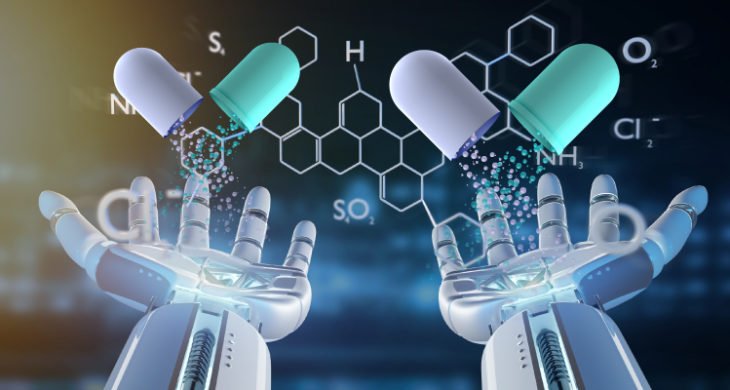Introduction
Artificial Intelligence (AI) is revolutionizing the pharmaceutical industry, particularly in the field of drug discovery. With its ability to analyze vast amounts of data and identify patterns, AI is significantly reducing the time and cost associated with developing new drugs. In this blog, we’ll explore how AI is transforming drug discovery and its potential to bring life-saving treatments to market faster.
The Current Landscape of Drug Discovery
Traditional drug discovery is a lengthy and expensive process, often taking over a decade and billions of dollars to bring a single drug to market. AI is changing this paradigm by enabling researchers to sift through massive datasets, predict molecular interactions, and optimize drug candidates more efficiently. The global AI in drug discovery market is expected to grow at a CAGR of 39.4% from 2023 to 2030, reaching USD 6.1 billion by 2030.
Key Drivers of AI Adoption
- Big Data Integration: The increasing availability of biological data from sources like genomics and proteomics is driving AI adoption. AI algorithms can process and analyze this data at speeds and accuracies that were previously unattainable.
- Cost Reduction: AI significantly cuts down on the costs associated with drug discovery by automating routine tasks, reducing trial and error, and shortening development timelines.
- Personalized Medicine: AI is facilitating the development of personalized medicine by enabling the analysis of patient-specific data to tailor treatments.
Challenges in AI Adoption
Despite its potential, AI in drug discovery faces challenges, including data quality issues, the complexity of biological systems, and regulatory hurdles. However, continued advancements in machine learning models and computational power are gradually overcoming these obstacles.
Conclusion
AI is undoubtedly transforming the drug discovery process, offering new opportunities to accelerate the development of treatments and improve patient outcomes. As the technology matures, its integration into pharmaceutical research is set to become even more profound, reshaping the future of medicine.



